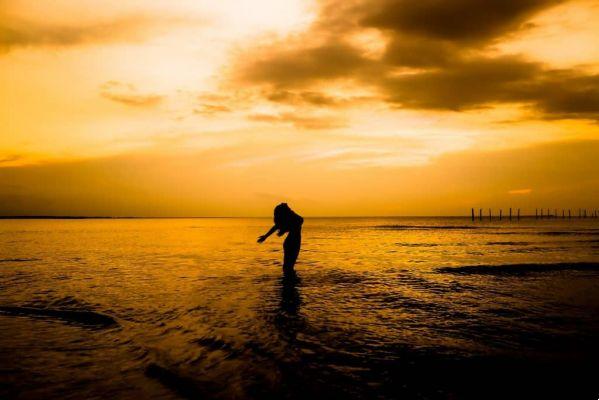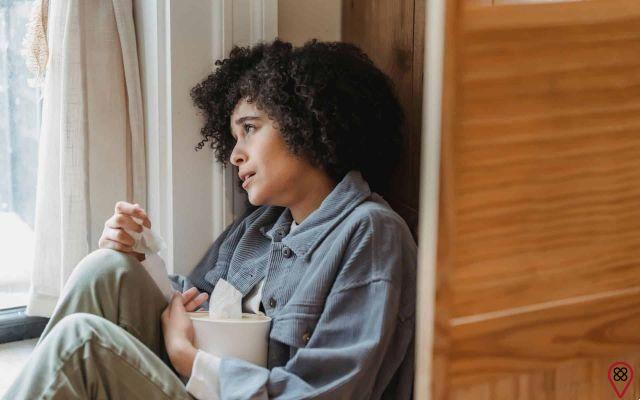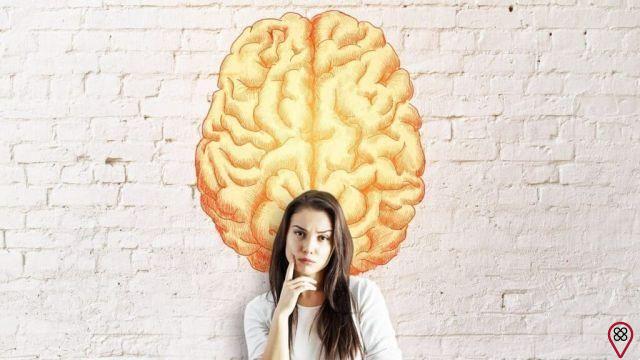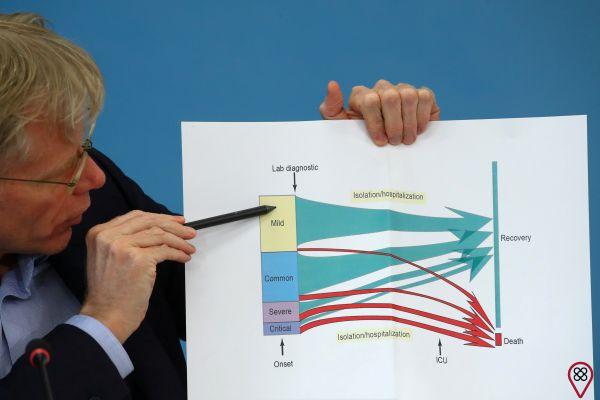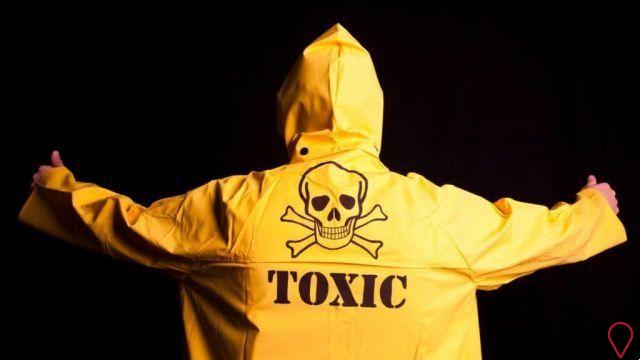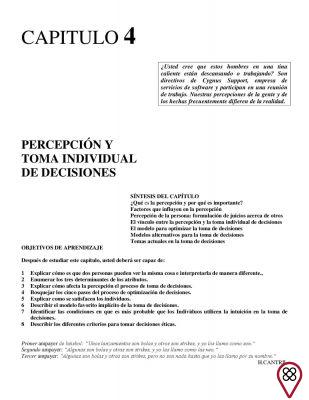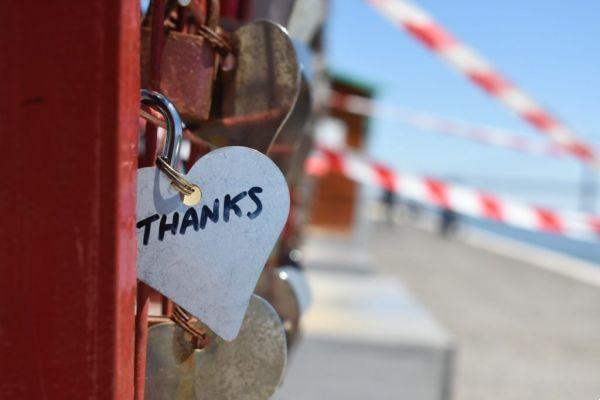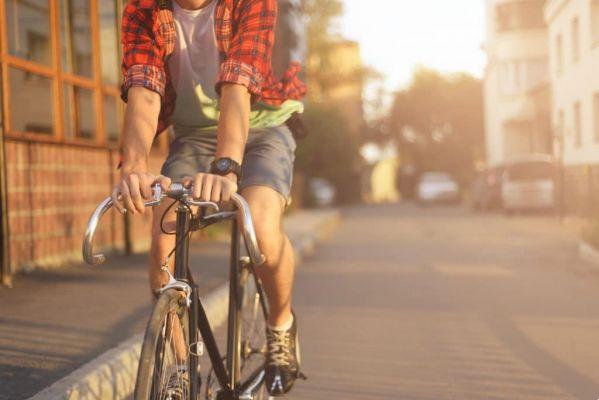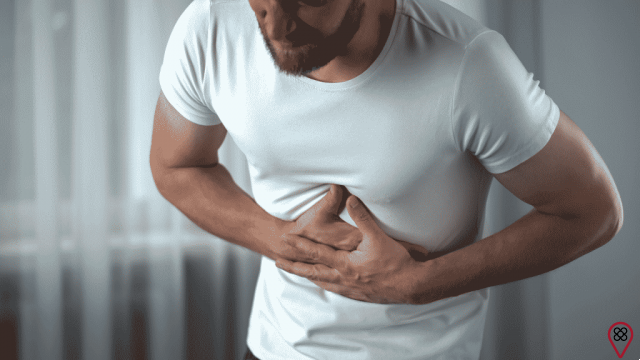Beaches and rivers provide people with lots of fun during the summer, and we know that, in addition to the leisure they both provide, they are essential for human life on earth. Water is clearly the main and most important resource on the planet, but both the oceans and marine life are constantly threatened due to the lack of basic care by human beings.
Pollution is what most endangers the seas and rivers, but if you are conscious and think about preserving our environment, there are very easy things to do to take care of our waters. Here are 10 super simple tips to keep rivers and seas clean:
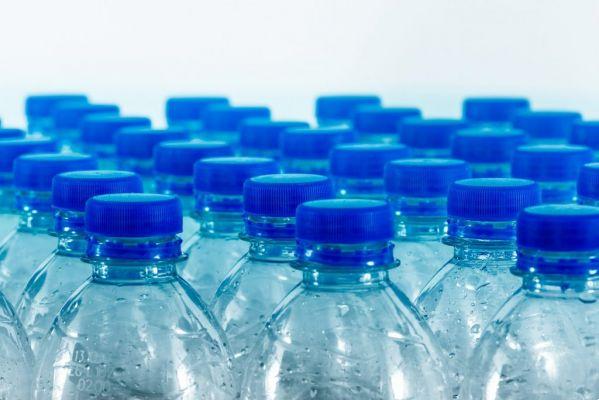
1. Avoid drinking water in plastic bottles
Virtually everyone has already bought a bottle of water, drank it and then discarded it. Imagine how many people do this all over the world! A survey carried out by Race for Water in 2015 pointed out that about 250 million tons of plastic are produced per year, and that 35% of this material is used only once, being discarded soon after consumption. After disposal, the same study points out that 10% of discarded plastics go directly into the ocean – as hard as it is to believe, a good part of this waste is made up of these everyday water bottles that stay in your hand for about 15 minutes. .
According to a survey by Unifesp (Federal University of the State of São Paulo) carried out in 2013, a plastic bottle takes at least 100 years to decompose. Have you thought? The tip to avoid this type of pollution is to buy a bottle that is not disposable – preferably stainless steel. What do you think? In addition to helping the environment, you save money!
2. Think carefully before eating seafood
With each passing year, the world demand for fish grows, which causes some fishing places to adopt unsustainable work practices. As the biggest concern of most traders is money, some desperate measures are taken that directly affect marine life. Every time you buy fish or seafood, make sure that these animals were raised or fished in a responsible and environmentally legal way.
3. Do not dispose of medication in the toilet
Many people find that flushing medicines down the toilet is the best way to get rid of them. But beware: it is not! The sewage system can at some point contaminate drinking water and, therefore, it is very important that chemicals are not thrown into this water stream. The fewer toxins present in the water, the simpler it becomes to clean.
Obs.: expired medicines must be discarded in pharmacies!
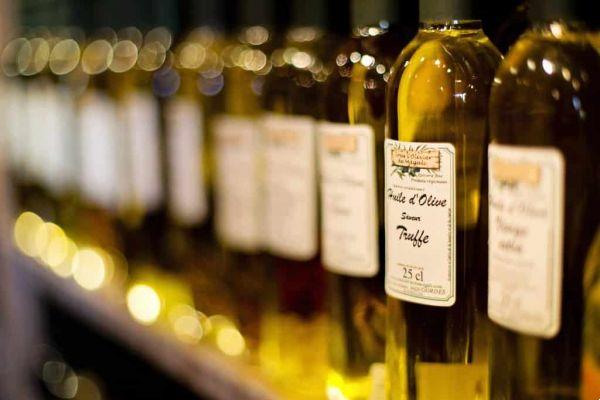
4. Do not discard cooking oil and cleaning products down the drain
Surely you know that water and oil don't mix, right? But you also need to know that it is very difficult to separate the two. If you pour cooking oil or any other chemical down a drain, it will eventually reach the supply point. With this, the water that you consume daily will be contaminated - it is the same case of medicines in the toilet.
Want to know how to dispose of these products? Take the cooking oil to a soap producer or deliver it to a collection point. Chemical products must also be delivered to specific stations.
5. Don't throw cigarette butts on the floor
If you think that cigarettes only harm humans, you are very wrong: any type of cigarette also harms the oceans!
A survey carried out by the WHO (World Health Organization) in 2017 pointed out that about 1,6 billion people in the world are smokers; according to the ACT (Authority for Working Conditions), each person throws an average of 7,7 cigarette butts daily on the streets. In all, there are approximately 12,3 billion butts thrown on the ground every day. Like plastics, most of these butts make their way to beaches and the sea. The filters contained in cigarettes are made up of numerous toxic and chemical substances that can kill many marine and freshwater life. If you are a smoker, it is recommended that you stop smoking. If you can't stop now, at least throw the butts in the trash, not the floor!
Note: completely erase the butt before throwing it in the trash. You can dispose of it in a garbage disposal, in collection points or in the common trash!
6. Start recycling
Many think that only the “naturebas” on duty recycle, but in fact, only those who care about the environment in which they live and in which their children will live adopt recycling as a way of life. If you separate your own garbage, encourage a friend to do so too, and through “word of mouth” influence others to do the same, a smaller amount of raw material will be needed for people to have some consumable items. essential.
Know that it doesn't take much effort to recycle, it's very simple: you separate dry garbage from organic, oil, chemicals, wood, metals and other materials and take it to a collection point. If there is selective collection on the street where you live, sign the bags so that workers can separate their garbage more easily!
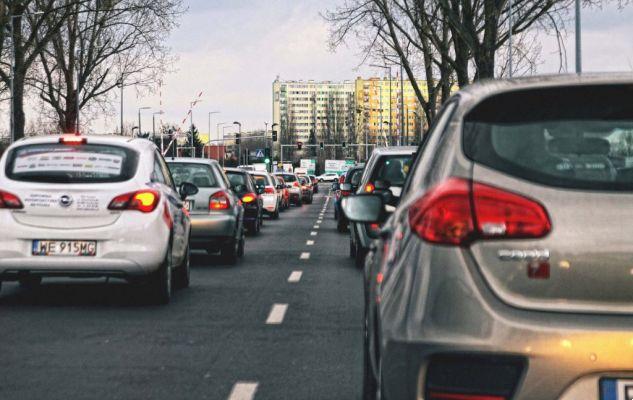
7. Don't drive too much
A study called “Oceanic Sinks for Atmospheric CO2”, published in 2002, points out that 25% to 30% of the CO2 generated by humans is absorbed by the oceans. And it's not that simple! This absorption causes great damage, as there is a phenomenon called “acidification” of the waters, which harms and puts several marine species at risk. To reduce this phenomenon in the oceans, we must do what we already do (hopefully) to reduce climate change: we must reduce the emission of carbon dioxide.
To reduce this emission that pollutes our waters so much, you can exchange your car for a bicycle or use public transport in your city. Not that it is necessary to eliminate the car from your life, but by reducing its use, you will already contribute to the preservation of the oceans. In addition, reducing energy consumption is also a way to emit less CO2.
8. Eliminate plastic straws from your life
You may have heard, whether in the newspapers or on television, that the animals most affected by the consumption of plastic straws are sea turtles. According to research published by Global Change Biology in 2015, about 50% of these living beings die from ingesting some type of garbage; on average, 90% of the garbage floating in the oceans right now is made of plastic (remember the water bottle you buy every day and throw away afterwards).
In 2016, the World Economic Forum in Davos stated that if humans do not reduce consumption and, consequently, the disposal of disposable items, by the year 2050 the oceans will have more plastic than fish. Have you thought? And there's more: it is quite likely that 99% of seabirds are also harmed by this material, as well as turtles.
The only tip is: be conscious about the use of plastic! Prefer reusable straws!
9. Pay attention to the products you consume
Microplastics from certain materials can reach the oceans through sewage, such as through some hygiene products and toothpaste, for example – as well as the famous glitter. It is not impossible to get them out of the water, but research published in 2015 by some researchers at Imperial College London, together with several experts from Australia, the US, New Zealand and other countries, states that there are between 15 and 51 trillion of harmful microplastic particles currently in the seas. Do you know what that means? That these products put both animals and humans at risk, because when, for example, a fish ingests something, the human being feeds on the fish and automatically consumes its own waste.
To avoid such damage, you can pay attention when buying some products. When picking up the packaging of something you want, see if the composition contains polyethylene, polypropylene, polymethyl methacrylate or polyethylene terephthalate. If so, do not buy at all!
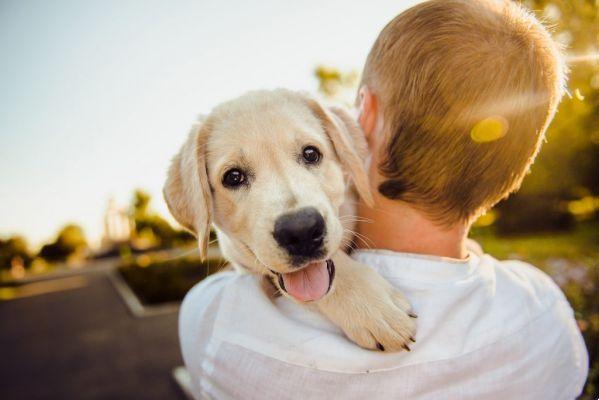
10. Take care of your pet properly
Much of the population has a domestic animal, and that's okay! But because of that, you've probably already done some harm to the oceans and still don't know it. If you have a cat, be aware that various wastes contained in litter boxes are extremely polluting for marine life. Therefore, do not throw the sand in the toilet, because, as you already know, this waste reaches the supply network and then goes to the rivers and seas.
Dispose of this garbage consciously, putting it in a bag. When buying the feed, pay attention to the ingredients and find out if the production is done responsibly.
You may also like
- Be surprised to discover the secrets of the oceans
- Understand the relationship between material and emotional recycling
- Learn to respect the environment and do your part
Want some more simple and homemade tips to take care of our oceans? Pay attention:
– Avoid using pesticides on your plants;
– Tie plastic bags with garbage well before discarding them;
– Do not throw any plastic into the seas;
– When visiting beaches or rivers, do a cleaning effort and collect all the rubbish you can;
– Use biodegradable products for cleaning the house;
- Do not waste water;
– Encourage a friend to take care of the planet.







